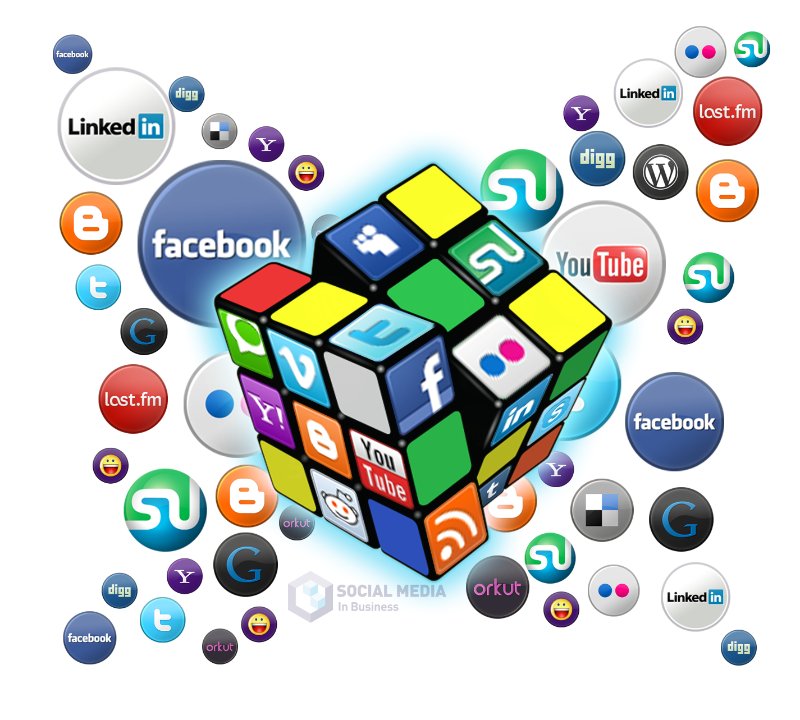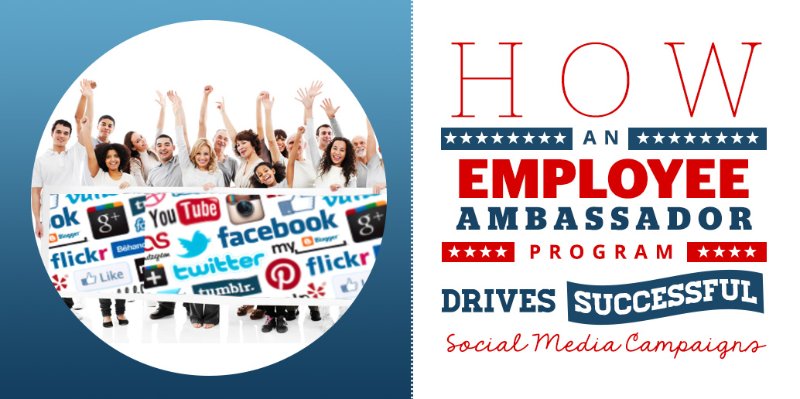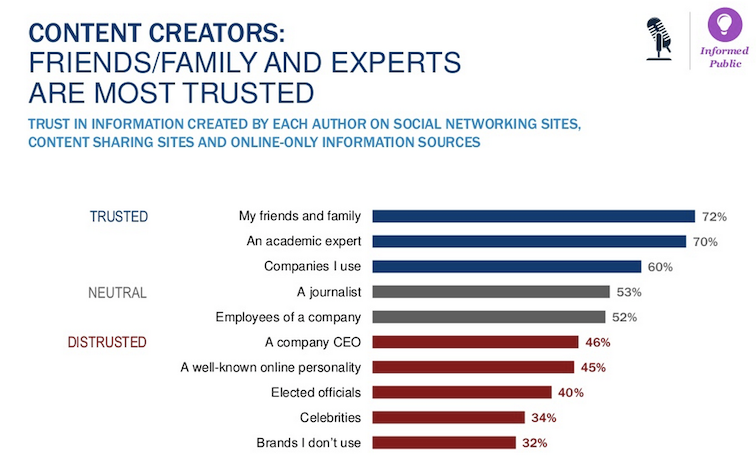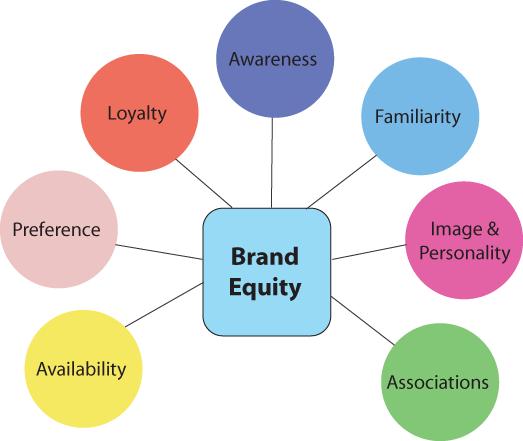Word of mouth always has been the most powerful social media platform ever in the history of the world. Even before the internet was born and we formally christened it as social media. While word of mouth always found itself in marketing textbooks as a part of the marketing mix, it has largely been neglected consciously as a communication tool.
But the growth of the internet just made it one of the most powerful media in the world. According to Nielsen, 92% of consumers believe recommendations from friends and family over all forms of advertising. WOMMA and the American Marketing Association (AMA) decided to find out exactly what brands were doing about that fact. In a recent study, 64% of marketing executives indicated that they believe word of mouth is the most effective form of marketing. However, only 6% say they have mastered it.
The explosion of social networks and consumer-generated media over the last few years continues to have a significant impact on advertising as consumers’ reliance on word-of-mouth in the decision-making process either from people they know or online consumers they don’t ( take for example the comments your search on amazon for a particular product ).
What drives your brand?
Pricing, packaging, distribution, advertising campaigns and many other elements of the marketing mix, drives brand preference. A website is a great starting point if you have started embracing the digital world, and if you’re on social media it couldn't be better. Maybe you’re running online and offline campaigns on a regular basis, to drive sales, traffic, or perhaps a better visibility and a more positive perception of your brand.
Can't employees be part of your marketing mix?
Image courtesy : dynamicsignal.com
While they are often overlooked, employees are the biggest marketing asset that a brand can have. Employees can be a brand’s biggest advocates, yet they’re often an untapped weapon in your marketing arsenal. Thats where employee advocacy comes into play.
Employee advocacy describes the exposure that employees generate for brands using their own online assets. While social media is often both the main medium and the best one for employee advocacy, all online assets come in useful including email, chat, forums, discussion boards etc.
Cumulatively, your employees have far more social connections than your brand does. Imagine how many more people could see your content if it was being shared by just a few employees.
Image : Edelman Trust Barometer
In 2015, the Edelman Trust barometer showed that consumers place more trust in company employees than they do in individuals who are the public face of the brand, like the CEO. Increased consumer trust is essential for repeat purchase which is often an objective in the marketing of many brands. If consumers trust your brand they are more likely to convert into customers, and subsequently turn into brand advocates themselves.
Employee Advocacy and Brand Equity
At its core, employee advocacy is the promotion of the brand or the company by its staff members. Conversations are happening online all the time. Whether its about the local grocer or a giant corporation. Companies can join blogging platforms and social media networks to join these conversations and have meaningful interactions with their customers or even their dealers. The value of employee advocacy can be summed up in two words : reach and trust. Empowering your employees to advocate on behalf of your brand or company can also make your employees inspired and loyal to your organisation.
It seems quite obvious that companies are perhaps neglecting the most important asset in their armoury. The social networks of their employees to promote their company or product brands.
If you already have a set of clear marketing objectives, and brand KPIs half your job is done. Link your brand KPIs to what you want your employee to advocate about your brand.
Who is your target audience?
Do you want to increase brand awareness?
Do you want to affect positive perception about your brand?
Do you want to influence new customers?
Whatever the marketing objective Employee Advocacy is likely to amplify the voice of your brand and build a brand equity that is based on trust and credibility arising from the strength and social networks of your own employees.
--------
About the Author
Prabhakar Mundkur is an ad veteran with over 35 years of experience in Advertising and Marketing. He works as an independent consultant and is also Chief Mentor with Percept H. All previous posts of Prabhakar can be found here.





